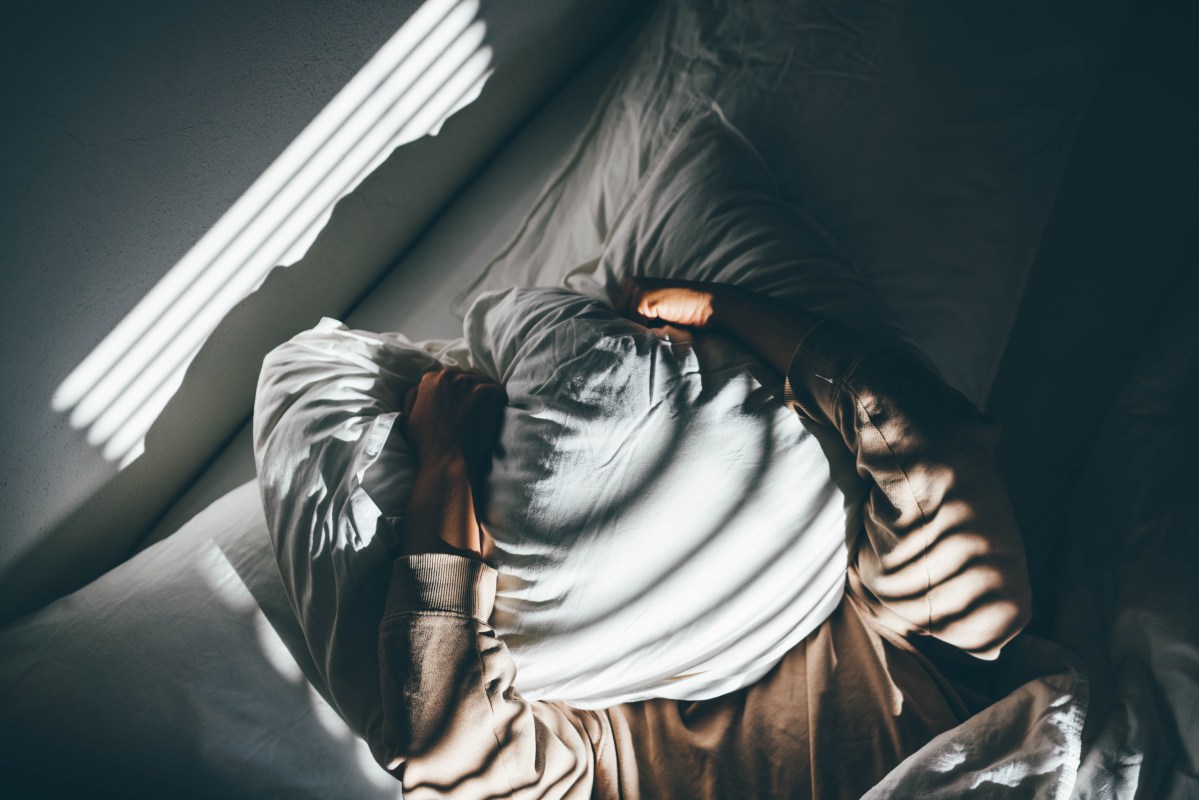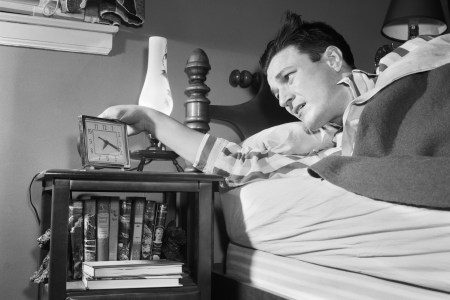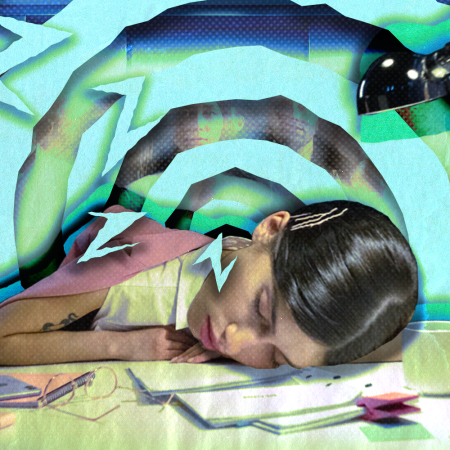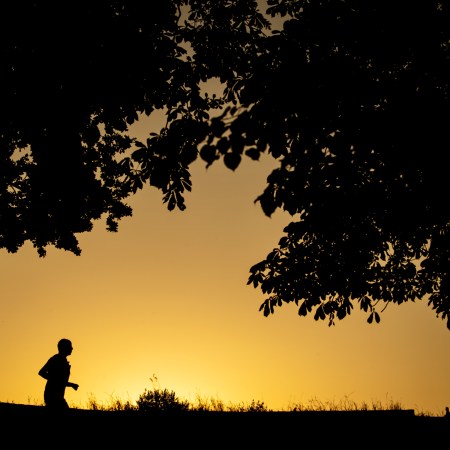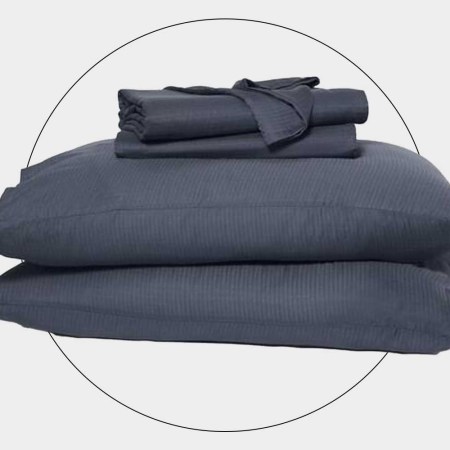One of the most bizarre tidbits of sleep wisdom I’ve ever heard came from a Bee Movie superfan.
The adult in question had suffered from insomnia for years, yet found unlikely respite in Jerry Seinfeld’s 2007 animated classic. Each night, he’d queue up the film on the TV at the end of his bed and watch it, on mute, until he fell asleep. He claimed the preponderance of yellow in the movie cast a warm glow over the room, which helped him conquer his insomnia.
Hey — whatever works. But there’s a reason the “Bee Movie Method” isn’t sweeping the nation as a sleeplessness cure. Heading to bed with any sort of light on, as it turns out, simply isn’t conducive to a sustainable wind-down routine, or quality sleep.
According to a Northwestern University study published in the Proceedings of the National Academy of Sciences earlier this year, even a moderate amount of ambient light in the bedroom can hinder cardiovascular function, while sabotaging insulin resistance.
Special sensors in the brain are especially sensitive to certain light wavelengths while sleeping — even if one’s eyes are closed, or the room seems “mostly” dark.
According to an article by The Washington Post, while people who sleep with the light on often think they’re sleeping fine, they’re actually struggling to reach the deepest stages of sleep. Whatever light is impacting the room — a nightlight, the glow from a street lamp outside, Barry B. Benson — is also impacting their brain’s ability to fully shut off, which leads to forceful heart contractions…at a time your beats per minute should be plodding and relaxed.
Are You a Miserable Scoundrel? Reevaluate Your Sleeping Habits.
Averaging under seven hours of shut-eye a night turns us selfish and lonelyMeanwhile, sleeping with lights on isn’t as uncommon as you might think. Up to 40% of American adults fall asleep with a light or TV on in the bedroom. Some do so on purpose, while many (like the 83% of us who live in urban areas) have simply gotten accustomed to the many forms of light that infiltrate our bedroom windows.
Ultimately, your best bet for better sleep involves weaning yourself off light crutches at night, and stiff-arming whichever wavelengths have been getting through with blackout curtains, a sleep mask or both.
For the former, it’s understandable that some sleepers come to rely on peculiar routines. A 2017 study found that “preferred color” posted the fastest sleep induction times, by about seven minutes, relative to “white” and “random nonpreferred color.” But leaning on that short-term fix could lead to years of stressed sleep, increasing your risk of obesity, diabetes and hypertension.
As for the latter, consider this another box in your sleep hygiene checklist. Is your room cold enough? Quiet enough? Dark enough? Signing off on all the above will take pressure off you, the sleeper, and make it easier to punch your ticket to dreamland…sans observational insect comedy.
The Charge will help you move better, think clearer and stay in the game longer. Subscribe to our wellness newsletter today.
